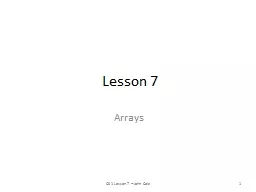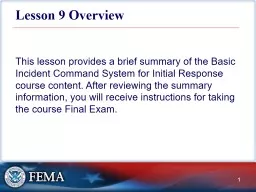PPT-Lesson 33
Author : min-jolicoeur | Published Date : 2016-06-01
Feb 211 2015 Perfect Passive Participles Passive Voice Perfect Pluperfect and Future Perfect Tenses Perfect Passive Participles aka Party ciples A PARTICIPLE is
Presentation Embed Code
Download Presentation
Download Presentation The PPT/PDF document "Lesson 33" is the property of its rightful owner. Permission is granted to download and print the materials on this website for personal, non-commercial use only, and to display it on your personal computer provided you do not modify the materials and that you retain all copyright notices contained in the materials. By downloading content from our website, you accept the terms of this agreement.
Lesson 33: Transcript
Download Rules Of Document
"Lesson 33"The content belongs to its owner. You may download and print it for personal use, without modification, and keep all copyright notices. By downloading, you agree to these terms.
Related Documents














